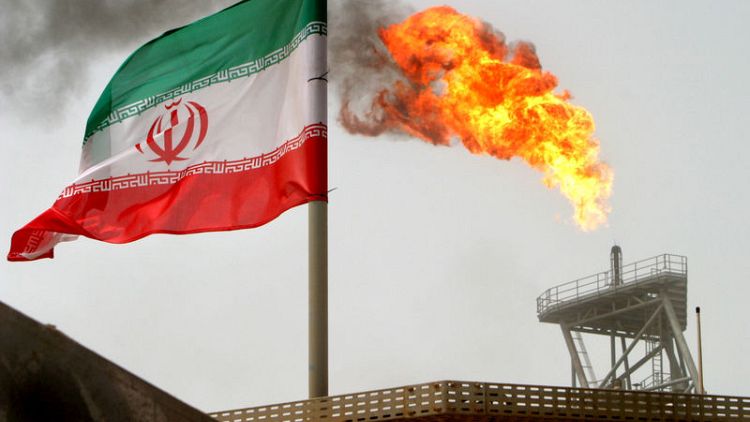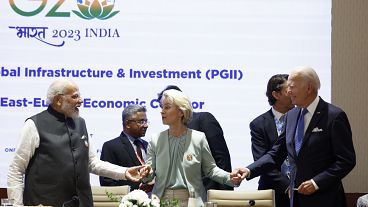BERLIN (Reuters) - German exports to Iran have dwindled since the United States pulled out of the international nuclear deal with Tehran, data showed on Friday, despite Berlin's attempts to shield companies from renewed U.S. sanctions against Tehran.
Data from the Association of German Banks (BdB) showed exports down 4 percent to 1.8 billion euros over the first eight months of the year, while the threat of long-arm U.S. sanctions had largely frozen banks' export finance activities.
President Donald Trump caused dismay across Europe when he withdrew from the 2015 multilateral agreement aimed at containing Iran's nuclear programme in May and reimposed sanctions in August.
Trump called the deal flawed in Iran's favour. Co-signatories including Germany, France and Britain say it is the best way to ensure Iran gets no nuclear bomb. Iran has warned it could leave the pact if its economic benefits are not protected.
Europe's giant manufacturing exporters, who had been keen to expand their business with a large, and now potentially fast-growing and wealthy new market, were particularly hard hit by the decision. Germany is the West's biggest exporter to Iran.
But despite efforts by European governments to help companies continue their business with the Islamic Republic, both banks and exporters have had to draw in their horns.
This week, Holger Bingmann, head of the association of German exporters, said the fall in Iran export volumes so far was "just the beginning of a downward spiral".
The European Union is considering creating a Special Purpose Vehicle (SPV) to enable trade with Iran and more broadly help the bloc avoid the extraterritorial reach of U.S. law.
(Reporting by Gernot Heller, writing by Thomas Escritt, editing by Mark Heinrich)



